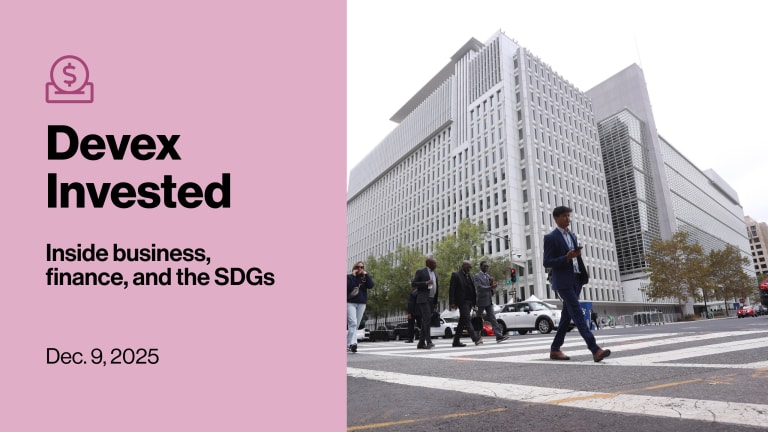The World Bank has operated in Albania since the country joined the Bank in 1991. Since that time, the Bank has become one of the country’s main sources of development assistance. Nadir Mohammed is the Country Manager of Albania.
Albania is a member of the International Development Association (IDA), the International Finance Corporation (IFC), and the Multilateral Investment Guarantee Agency (MIGA); since the World Bank began its program in the country it has supported 59 projects, totaling US$ 855 million in funds. The World Bank’s strategy focuses on reducing poverty through making their actions more efficient and effective. Nadir pointed that the challenge for the new government is how to implement the aid projects and how to get the results. He further asserted, “The very excellent news is that poverty is declining across the board in rural areas” and, given the structure of the economy and its recent transformation, in urban areas as well.
Albania is a lower middle-income country with a gross national income of US$ 2,580 per person in 2005. However, it remains one of the poorest countries in Europe, with almost one-fifth of the population in the poverty line and about 3% in extreme poverty, because of its inability to meet basic food requirements. Nadir explained, “Poverty reduction is not an easy thing because it requires multifaceted strategies. I think economic stability is the most important, among many others. Albania should continue to implement structural reforms in all the sectors, to ensure that economic growth is on track.”
Nadir’s research interests are in the general areas of peace economics (particularly, military expenditures, transition from war to peace and post conflict reconstruction), structural reforms in developing countries, and international trade. He holds both Master’s and PhD degrees in Economics from Cambridge University, United Kingdom. He formerly worked as a country economist in the Middle East and North Africa Region of the World Bank.
Nadir finally added, “Since there is better knowledge of where and who the poor are, they need to be addressed in terms of social transfer and educational, health and infrastructural spending. I think it is timely to prepare the national integration strategy for development.” Traditionally, agriculture played an important role in the country’s economy, but recent growth has been driven by services, construction and an increased reliance on workers’ remittances.








